Hardware wallet
A hardware wallet is a device that stores a part of a user's wallet securely in mostly-offline hardware. They have major advantages over other wallet types:
- the key is often stored in a protected area of a microcontroller, and cannot be transferred out of the device in plaintext
- immune to computer viruses that steal from software wallets
- can be used securely and interactively, as opposed to a paper wallet which must be imported to software at some point
- much of the time, the software is open source, allowing a user to validate the entire operation of the device
This page is an attempt to summarize all the known developments of hardware wallets that can use Bitcoin as part of their operation.
Purchasable hardware wallets
TREZOR The Bitcoin Safe
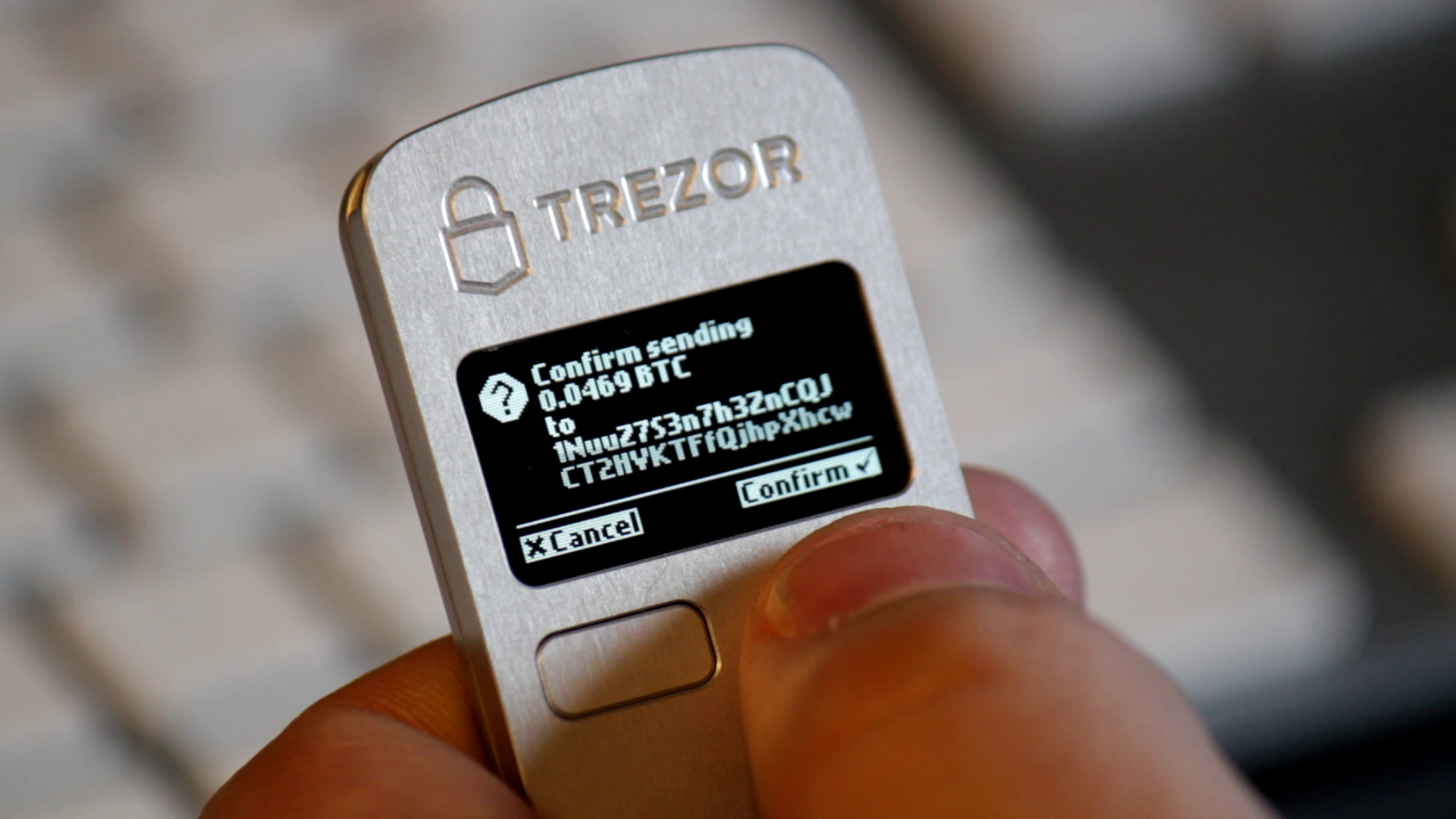
TREZOR is a secure bitcoin storage and a transaction signing tool.
The private keys generated by the device never leave it and cannot be accessed by a malware. Thanks to a limited USB protocol only a payment template can be sent into the device (address and amount) which then has to be confirmed by a physical user interaction (visual verification of the transaction details and pressing the confirmation button).
TREZOR uses a deterministic wallet structure which means it can hold an unlimited number of keys (BIP32).
A recovery seed is generated when the device is initialized. In case it gets lost or stolen, all it's contents can be recovered using the seed (private keys, bitcoin balance and transaction history) into a new device or another BIP39 compatible wallet.
TREZOR introduced a unique way of PIN entering preventing keyloggers from recording it even when entered on a compromised computer.
An encryption passphrase can be set on top of the PIN protection. More passphrases can be used for plausible deniability.
Pi Wallet - cold storage
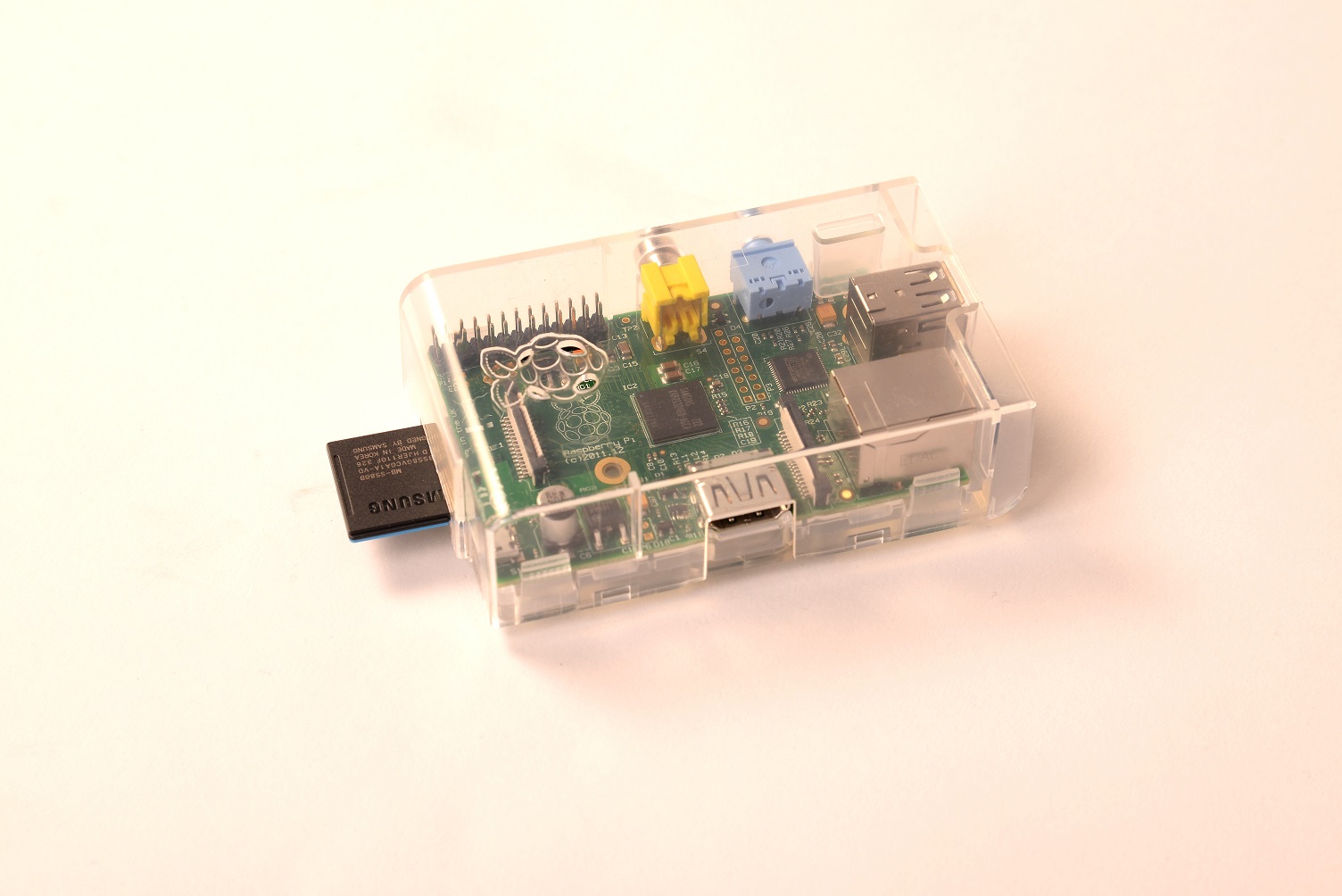
Further informations about Pi-Wallet
The Pi-Wallet is comparable to an offline Notebook.
However it combines all features of the Armory bitcoin client (e.g. offline transaction signing) with the advantages of a tiny computer.
To sign offline-transaction you will need an (unused) USB stick.
Not purchasable hardware wallets
BitcoinCard Megion Technologies-Card based wallet

Incorporates a e-paper display, keypad, and radio (custom ISM band protocol.) Unfortunately it is fairly limited in terms of transaction I/O, requiring a radio gateway or another bitcoincard wherever funds need to be transferred.
BitSafe - allten/someone42's hardware wallet
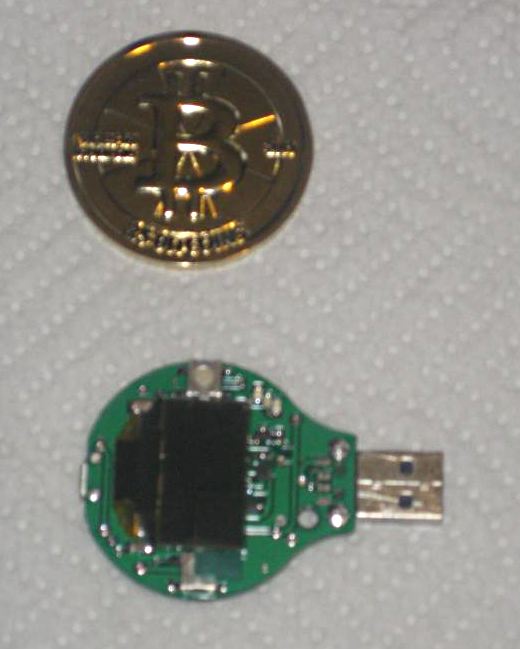
BitSafe Hardware Wallet Development - BOM Ready - 50 kits being prepared
Signing transactions only, requires USB host software for transactions & USB power. Has a OLED display and Confirm/Cancel buttons. Evolved out of someone42's prototype below, and has significant contributions from someone42 as well.
someone42's original prototype
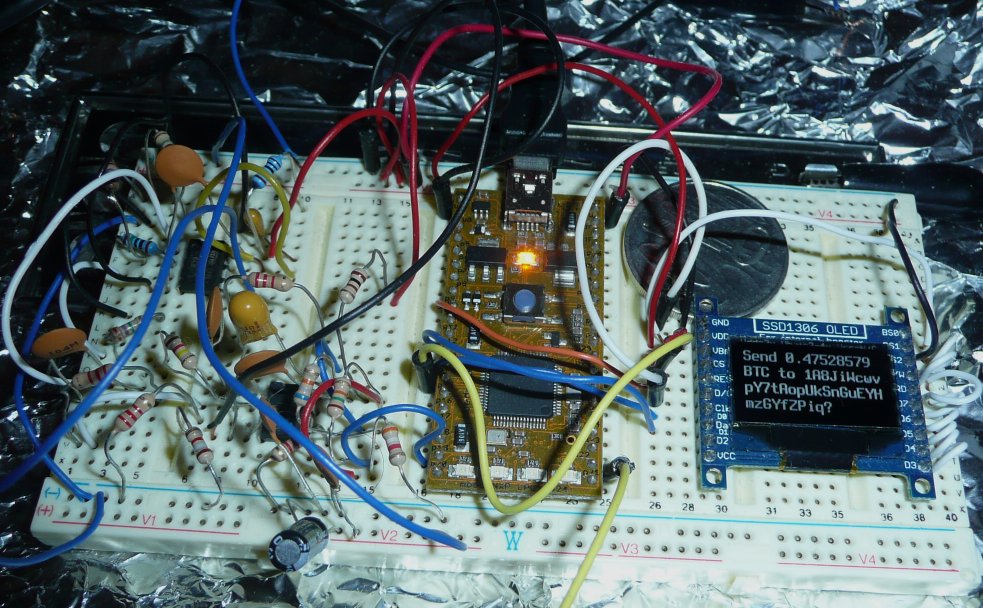
Hardware Bitcoin wallet - a minimal Bitcoin wallet for embedded devices
Signing transactions only, requires USB host software for transactions & USB power. All work is rolled into the above BitSafe wallet currently.
BTChip btchip USB based transaction signer and private key holder
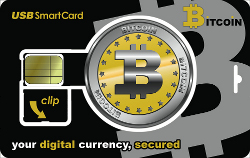
ANN Smartcard wallet project + btchip implementation (no reader required)
USB smartcard dedicated to bitcoins, no keypad or display so trust in the host device is required. An improvement has been implemented that uses a secret value known to the user during the transaction for additional security.
Other/Defunct but with good discussion:
- natman3400's BitClip Jun 2011 https://bitcointalk.org/index.php?topic=24852.0
- Seems to have gone defunct around Dec 2011. Some good ideas though and seemed to have started on execution.
- jim618 hardware wallet proposal Apr 2012 Dedicated bitcoin devices - dealing with untrusted networks
- Great discussion and good ideas from jim618. Also linked the following video:
- Prof. Clemens Cap's hardware wallet? (video:)Clemens Cap about electronic bitcoin wallet at EuroBit
- Clemens Cap of Uni Rostock explains the Electronic Bitcoin wallet device he's working on. It's based on adafruit microtouch device.
- ripper234's discussion based on Yubikeys Aug 2012 Having a YUBIKEY as one of the parties for m-of-n signatures
- The use of Yubikeys. They only support symmetric crypto, so you'd have to trust the host device.
- kalleguld's hardware wallet proposal Oct 2012 Proposal: Hardware wallet (Win 3 BTC)
- Vaporware: Matthew N Wright's ellet ANN The world's first handheld Bitcoin device, the Ellet! (Vaporware)
Smart Card based wallets
This type of device requires complete trust in the host device, as there is no method for user input. See Smart card wallet
Related Resources
- slush's Hardware wallet wire protocol discussion: Hardware wallet wire protocol
- kjj's Todo List discussion for client protocol requirements: in topic Re: Split private keys
- paybitcoin's original post: Hardware Wallet Roundup
- This thread about editing this very wiki entry.